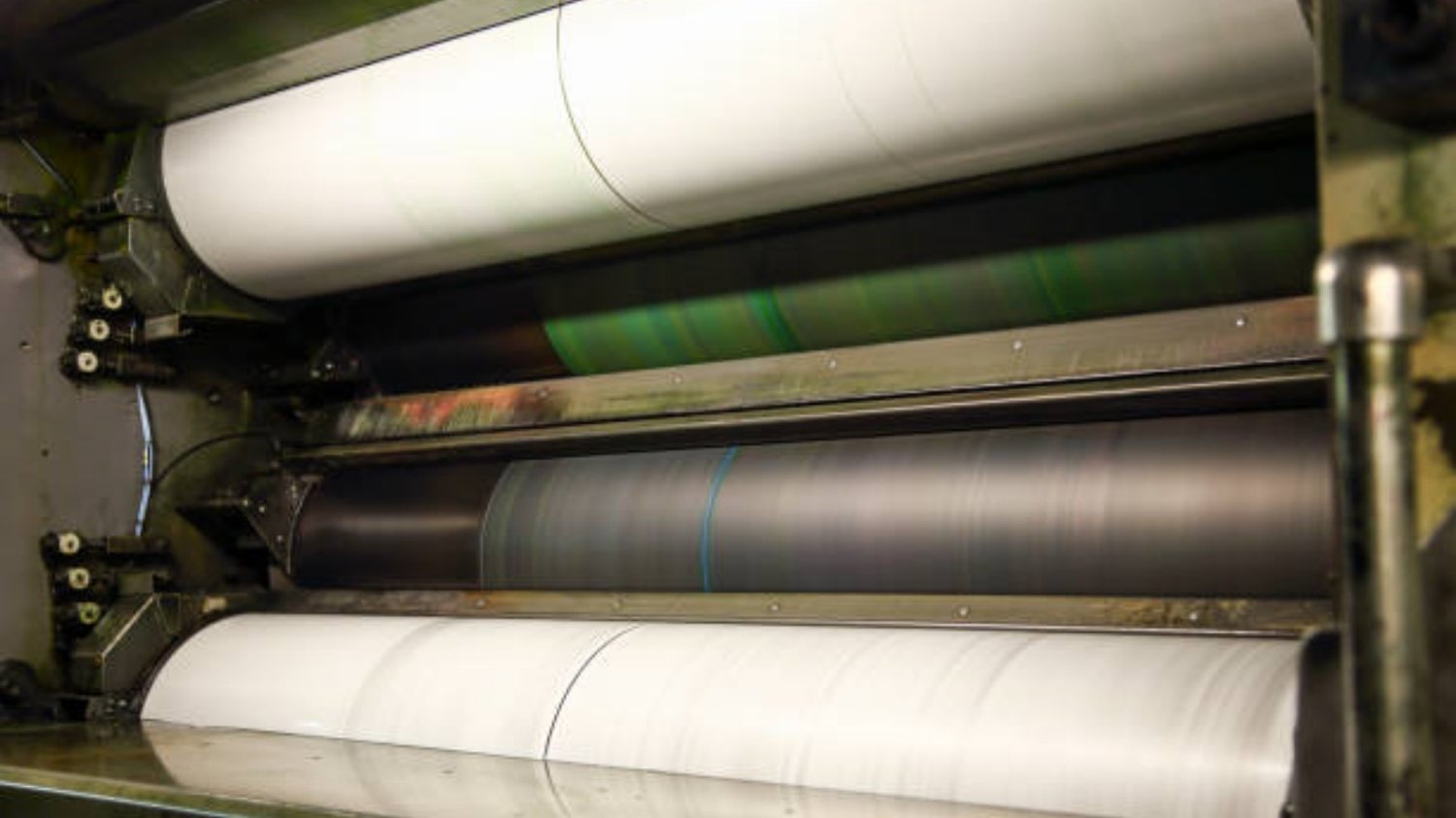Enhancing Efficiency and Quality with Reliable Roller Processing
Roller processing reliability is a critical aspect of industrial operations, ensuring that manufacturing processes run smoothly and efficiently. Whether it's in the printing, food processing, or packaging industries, roller processing reliability plays a significant role in delivering high-quality products consistently. In this article, we will explore the various aspects of roller processing reliability and its importance in industrial settings.
What is Roller Processing Reliability?
Roller processing reliability refers to the consistency and dependability of roller-based machines and systems in industrial operations. These machines, equipped with rotating cylinders or rollers, are commonly used for processes such as printing, laminating, embossing, and coating. The reliability of these rollers directly impacts the overall efficiency, productivity, and quality of the manufacturing processes.
The Significance of Roller Processing Reliability
Roller processing reliability is of utmost importance for industrial operations due to several key reasons:
1. Minimizing Downtime
Reliable roller processing reduces unexpected downtime, which can be expensive and disrupt production schedules. When rollers malfunction, it can lead to delays, maintenance requirements, and even the need for replacement, resulting in lost productivity. By ensuring roller processing reliability, manufacturing facilities can minimize downtime and maximize operational efficiency.
2. Consistent Product Quality
Roller processing reliability directly impacts the quality and consistency of the end products. When rollers operate smoothly and consistently, they ensure even and precise application of coatings, inks, or adhesives. This helps in achieving uniform product finishes, accurate designs, and reliable adhesion, ultimately enhancing customer satisfaction and brand reputation.
3. Cost-Effectiveness
Reliable roller processing can help reduce costs associated with maintenance, repairs, and excessive material waste. When rollers function consistently, they require fewer adjustments and replacements, leading to lower maintenance expenses. Moreover, precise and uniform application of coatings or inks reduces material waste, resulting in cost savings.
4. Increased Productivity
Efficient and reliable roller processing contributes to increased productivity in industrial operations. When rollers operate smoothly, manufacturing processes can run at optimum speeds without interruptions, enabling higher production volumes within a given timeframe. This not only improves overall productivity but also allows businesses to meet customer demands efficiently.
Factors Affecting Roller Processing Reliability
Several factors can influence the reliability of roller processing in industrial operations:
1. Roller Material and Design
The choice of roller material and design plays a crucial role in determining reliability. Rollers must be manufactured from high-quality materials that can withstand the specific demands of the process they are involved in. Additionally, the design of the roller should be optimized to minimize wear and tear, reduce friction, and ensure smooth rotation.
2. Precision Manufacturing
Precision manufacturing techniques are essential to achieve roller processing reliability. Close tolerances and accurate machining ensure that rollers fit perfectly into the machinery, minimizing vibration, misalignment, and other issues that can lead to roller failure. Regular inspections and quality control measures throughout the manufacturing process are vital to maintain reliability.
3. Proper Maintenance and Lubrication
Regular maintenance and proper lubrication are crucial for prolonging the lifespan and reliability of rollers. Adequate lubrication reduces friction, prevents excessive wear, and ensures smooth rotation. Implementing a scheduled maintenance plan that includes cleaning, inspection, and lubrication can significantly enhance roller processing reliability.
4. Operator Training and Skill
The knowledge and skill of operators can greatly influence roller processing reliability. Proper training ensures that operators understand the machinery, its limitations, and how to identify early signs of roller issues. Skilled operators can perform routine maintenance tasks, make adjustments, and troubleshoot problems, contributing to improved reliability.
Conclusion
Roller processing reliability is a crucial factor in industrial operations that heavily impacts efficiency, productivity, and product quality. By prioritizing roller reliability and considering factors such as roller material, precision manufacturing, maintenance, and operator training, businesses can ensure smooth and efficient manufacturing processes. Investing in reliable roller processing ultimately leads to cost savings, increased productivity, and enhanced customer satisfaction.

